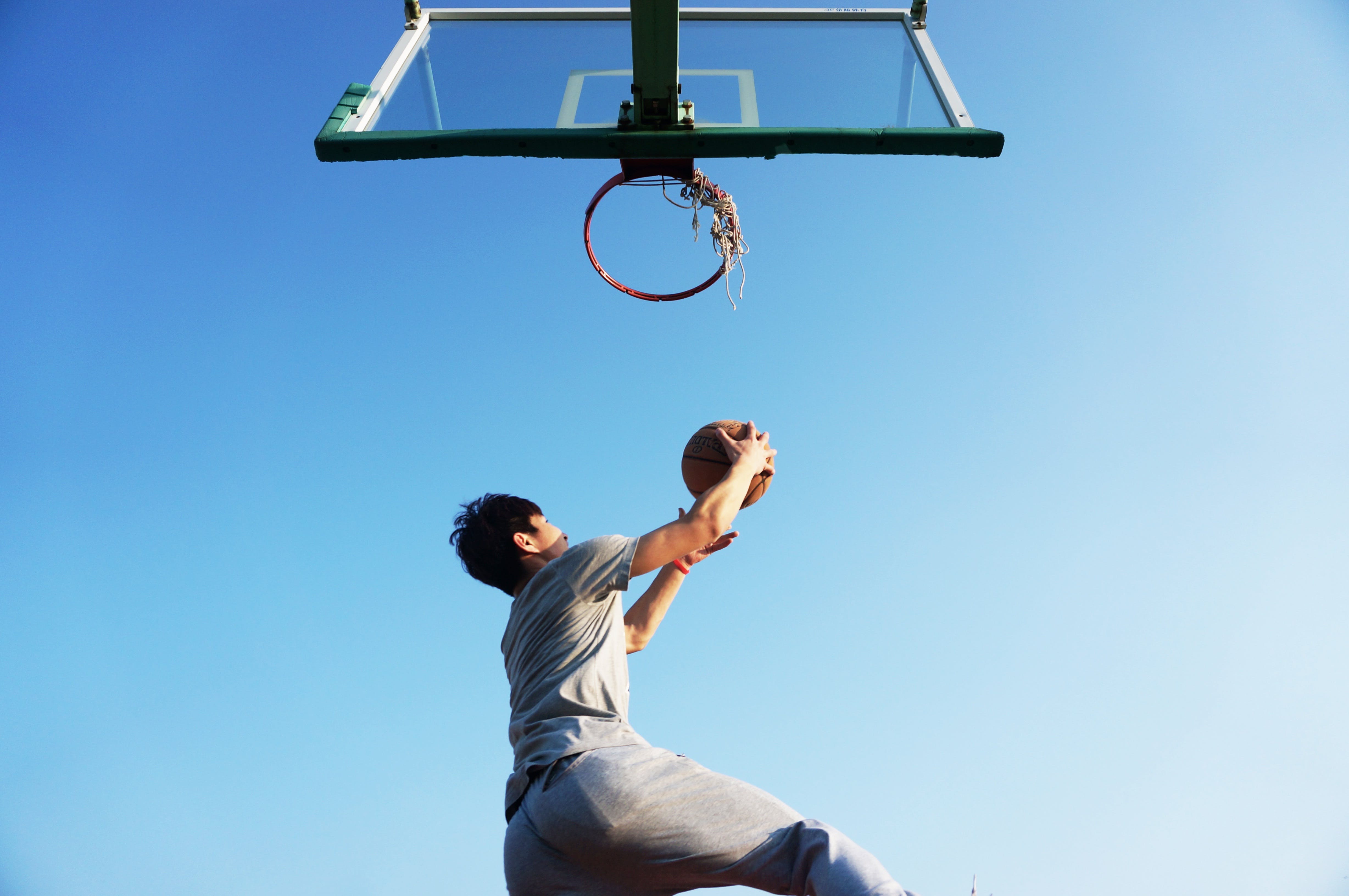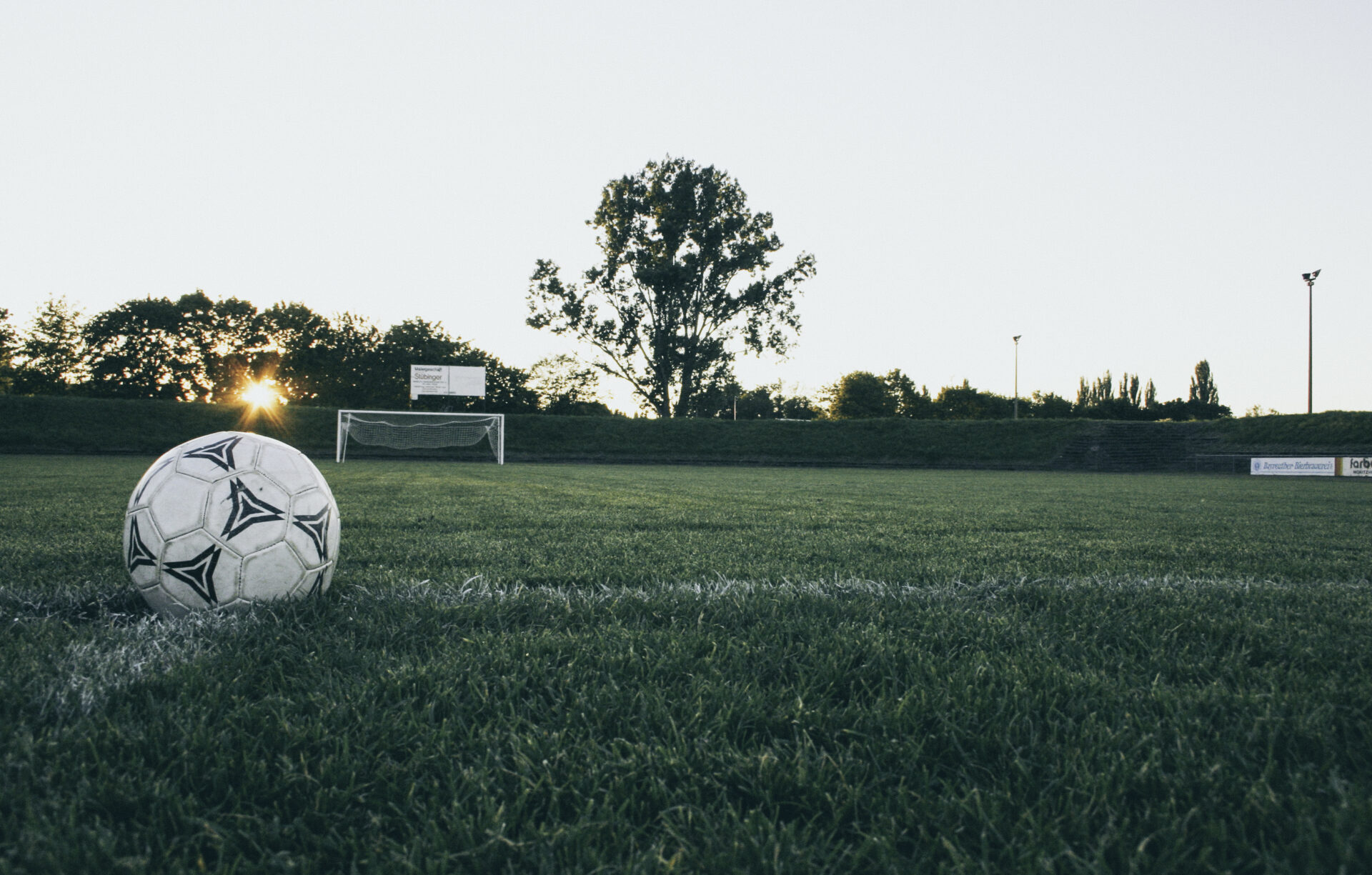Certification Authorities: Guardians of Ball Quality
When it comes to ensuring the quality of products, especially in the sports industry, one crucial factor is the certification authorities. These institutions play a vital role in guaranteeing that sports equipment, particularly balls, meet the necessary standards for play. Certification authorities act as the guardians of ball quality, ensuring that they are safe, durable, and perform optimally during gameplay.
One interesting fact about certification authorities is that they follow strict guidelines and industry standards to assess the quality of balls. These organizations conduct rigorous tests, including materials testing, performance evaluation, and durability assessments. Through their expertise and knowledge, they are able to provide certifications that demonstrate a ball’s compliance with regulations and its suitability for use in various sports.
The impacts of certification authorities in maintaining ball quality are significant. Firstly, they enhance player safety by ensuring that balls meet specific safety requirements, reducing the risk of injuries during play. Moreover, certification authorities ensure fair play by verifying that balls have consistent performance characteristics, enabling players to compete on an equal footing. Lastly, their quality control measures contribute to the durability and longevity of balls, making them a cost-effective investment for athletes and sports organizations.
In the next section, we will delve into the key takeaways from the certification process conducted by these authorities. We will explore the various factors that certification authorities evaluate, such as ball materials, bounce and flight characteristics, and the influence of external factors on performance. By understanding the significance of these key takeaways, readers will gain insights into how certification authorities safeguard ball quality and contribute to the integrity of sports.
Key Takeaways
1. Certification authorities play a crucial role in ensuring the accuracy and reliability of ball quality in various sports, including football, cricket, and tennis.
2. These authorities are responsible for conducting rigorous tests and inspections on balls, including measurements of weight, diameter, circumference, bounce, and compression, to ensure they meet the specified standards set by the governing bodies of each sport.
3. Certification authorities also monitor the manufacturing process, ensuring that the materials used and the construction of the balls adhere to the approved guidelines. This helps to maintain consistency and fairness in the game.
4. The certification process involves issuing a quality certificate to balls that pass all the necessary tests and inspections. This certification mark guarantees the authenticity and quality of the ball, giving players and officials confidence in its performance.
5. Ongoing monitoring and surveillance by certification authorities are vital to prevent any deviation from the approved standards and to address any emerging issues or concerns related to ball quality. This constant vigilance helps to uphold the integrity of the game and provide a level playing field for all.
What is the Role of Certification Authorities in Ensuring Ball Quality?
The Importance of Certification Authorities in the Ball Manufacturing Industry
In the world of sports, the quality of balls used during a game plays a crucial role in maintaining a fair and exciting competition. Certification authorities are the guardians of ball quality, ensuring that the balls meet the required standards set by the respective sporting bodies. Their role goes beyond mere inspection and extends to certifying and authenticating the quality of each ball. This article dives deep into the different aspects of certification authorities’ responsibilities and the impact they have on ball quality.
Evaluating Ball Manufacturing Processes
Certification authorities have the responsibility of evaluating and approving the manufacturing processes involved in producing balls. They assess factors such as the materials used, production methods, and quality control measures implemented by manufacturers. Through rigorous testing and analysis, certification authorities ensure that the manufacturing processes meet the necessary standards and produce balls that are fit for professional use.
Enforcing Quality Standards
One of the primary roles of certification authorities is to enforce quality standards in ball manufacturing. They establish and regulate guidelines that manufacturers must adhere to during the production process. This includes specifications for materials, size, weight, and performance characteristics of the balls. By doing so, certification authorities ensure consistency in ball quality across different brands and models.
Inspecting and Testing Balls
Certification authorities play a critical role in inspecting and testing balls before they receive certification. They examine each ball for conformity to the established standards, checking for factors such as size, weight, and physical attributes. Additionally, sophisticated laboratory tests and experiments are conducted to evaluate the ball’s performance, durability, and resistance to environmental factors. Through comprehensive inspections and testing, certification authorities certify only those balls that meet or exceed the required quality criteria.
Combating Counterfeit Balls
The presence of counterfeit balls in the market poses a significant threat to the integrity of sports. Certification authorities act as guardians against such fraudulent activities by ensuring the authenticity of balls through their certification process. By providing a recognizable mark or certification label, they help consumers, players, and organizers identify genuine balls and distinguish them from counterfeit ones. This not only protects the reputation of the sports industry but also ensures fair play and prevents unintentional harm caused by substandard balls.
Countering Ball Tampering
Ball tampering is a common issue that hampers fair play and can alter the outcome of a game. Certification authorities are responsible for implementing tamper-resistant features in certified balls, making it extremely difficult for players to manipulate ball characteristics illegally. By enforcing strict tamper-proofing guidelines, certification authorities contribute to maintaining the integrity of the sport and ensure fair competition.
Want to Ensure Ball Quality? Follow These Tips:
- Always check for a certification mark or label on the ball to ensure it has been approved by a recognized certification authority.
- Inspect the physical attributes of the ball, such as size, weight, and texture, to ensure it meets the required standards.
- Consider the reputation and reliability of the manufacturer. Trusted brands often prioritize quality and adhere to certification standards.
- Avoid purchasing balls from unauthorized sellers or suspicious sources to minimize the risk of counterfeit or tampered products.
- Keep yourself updated with the latest guidelines and regulations set by certification authorities to stay informed about changes in quality standards.
- Report any suspicions or concerns regarding ball quality to the relevant certification authorities to help maintain a fair and safe sporting environment.
Frequently Asked Questions
1. What is a Certification Authority (CA)?
A Certification Authority is an organization responsible for validating and verifying the authenticity and integrity of digital certificates used in secure online communications.
2. How do Certification Authorities ensure ball quality?
Certification Authorities ensure ball quality by conducting rigorous testing and certification processes to verify that the balls meet specific standards and criteria set by regulatory bodies.
3. Why is certification important for ball quality?
Certification is crucial for ball quality as it guarantees that the balls have been tested and comply with safety, performance, and durability standards. It ensures that consumers can trust the quality of the balls they purchase.
4. Who sets the standards for ball certification?
The standards for ball certification are typically established by recognized organizations related to the specific sport, such as FIFA for soccer or the International Tennis Federation (ITF) for tennis.
5. What tests are performed during ball certification?
During ball certification, different tests are conducted, including tests for weight, circumference, rebound, water absorption, durability, and other specific requirements depending on the sport.
6. How long does the certification process take?
The certification process duration varies depending on several factors, including the complexity of the testing required and the efficiency of the certification authority. It can range from a few weeks to several months.
7. Can the certification of a ball be revoked?
Yes, if a certified ball fails to meet the required standards or if it is found to have been altered or tampered with after certification, the certification can be revoked by the Certification Authority to maintain the integrity of the certification process.
8. Are all balls on the market certified?
No, not all balls in the market are certified. However, for official matches or events, it is essential to use certified balls to ensure fairness and adherence to the required standards.
9. Can a ball be certified by multiple Certification Authorities?
No, typically, a ball is certified by a single Certification Authority. However, the certification may be recognized and accepted by other authorities depending on their affiliation and trust in each other’s certification processes.
10. How can consumers verify the certification of a ball?
Consumers can verify the certification of a ball by checking for official certification marks, logos, or labels provided by the Certification Authority. They can also inquire with the manufacturer or retailer for documentation supporting the certification.
Final Thoughts
Certification Authorities play a vital role in maintaining ball quality across various sports. Their commitment to conducting stringent tests and ensuring adherence to set standards ensures that athletes and enthusiasts can enjoy the game with confidence. When purchasing balls, it is crucial to look for certified options that bear the mark of a trusted Certification Authority, providing assurance of quality and compliance.
By upholding the integrity of ball quality, Certification Authorities contribute to fair play, competitiveness, and the overall development of sporting events. Their continual efforts to improve standards and adapt to evolving technologies play a significant role in shaping the future of sports and safeguarding the interests of athletes and consumers alike.




